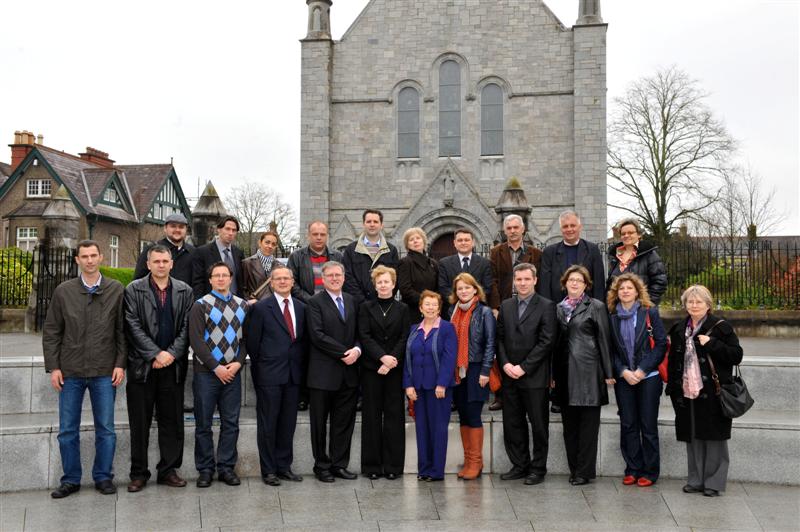The wider outcome of this project is: To contribute to the further development and modernization of higher education in BiH in accordance with European standards in EHEA and to further develop a quality assurance system to support the strategic management of HEI in BiH.
The specific objectives of this project are:
- Analysing the existing key performance indicators (KPI) for quality assurance in Europe;
- Defining and implementing key performance indicators for quality assurance in BiH;
- Developing and implementing a register of study programmes for BiH Universities;
- Contributing to strengthening and developing the strategic management at HEI on the basis of KPI, which are used in the European Area of Higher Education (on the basis of ENQA recommendations);
- Strengthening cooperation with the Agency for higher education and quality assurance and authorized ministries of education;
- Dissemination and sustainability of project results.
The benefit of this project realization is multiple for all users of QA system: University management, students, teaching and administrative staff, Agency for higher education and quality assurance, authorised ministries of education, employers, governments of cantons, Federation, RS and Council of Ministers.
Continuous monitoring and analysis of KPI will create a basis not only for strategic planning of higher education institutions, but also for planning of higher education done by authorised institutions, both cantonal and state ones. Students, either current or potential ones, will have necessary information about study programmes (curricula, enrolment quotas, study programmes offer, learning outcomes, required competences etc..
Work of administrative staff will be facilitated in collecting and analyzing data in more flexible curricula. Academic staff can make a comparison of courses and modules within study programmes, including indicators with info on the success rate of students.
Public authorities can have information based on KPI and the register of study programmes can be used as an instrument in creating policy of higher education and allocation of funds. The register of study programmes can give to employers a clear overview of available study programmes and the number of graduated students in certain areas.
KPI and the creation of register of study programmes would also considerably facilitate the evaluation and accreditation processes, as defined by the Agency for higher education and quality assurance.

